The Mysteries Surrounding Asteroid Hippolochus
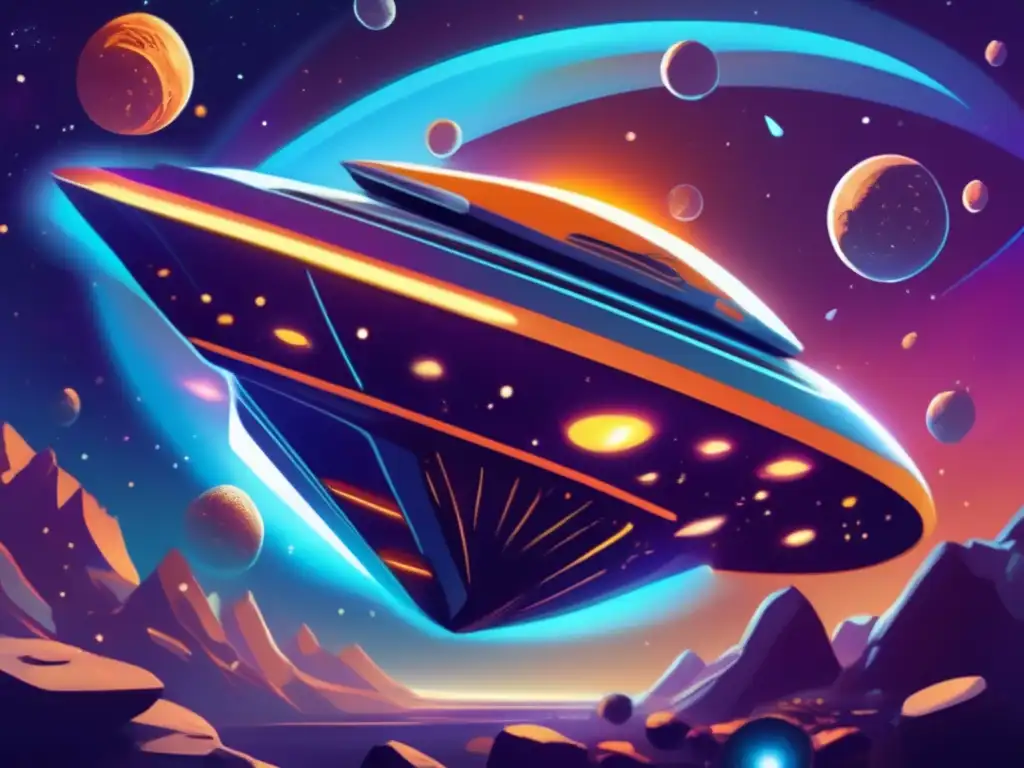
Introduction
Asteroids have long fascinated humanity with their enigmatic nature and celestial beauty. One such intriguing asteroid is Hippolochus, which has captured the attention of astronomers and enthusiasts alike. In this article, we will explore the mysteries surrounding Asteroid Hippolochus and delve into its fascinating characteristics.
The Discovery of Hippolochus
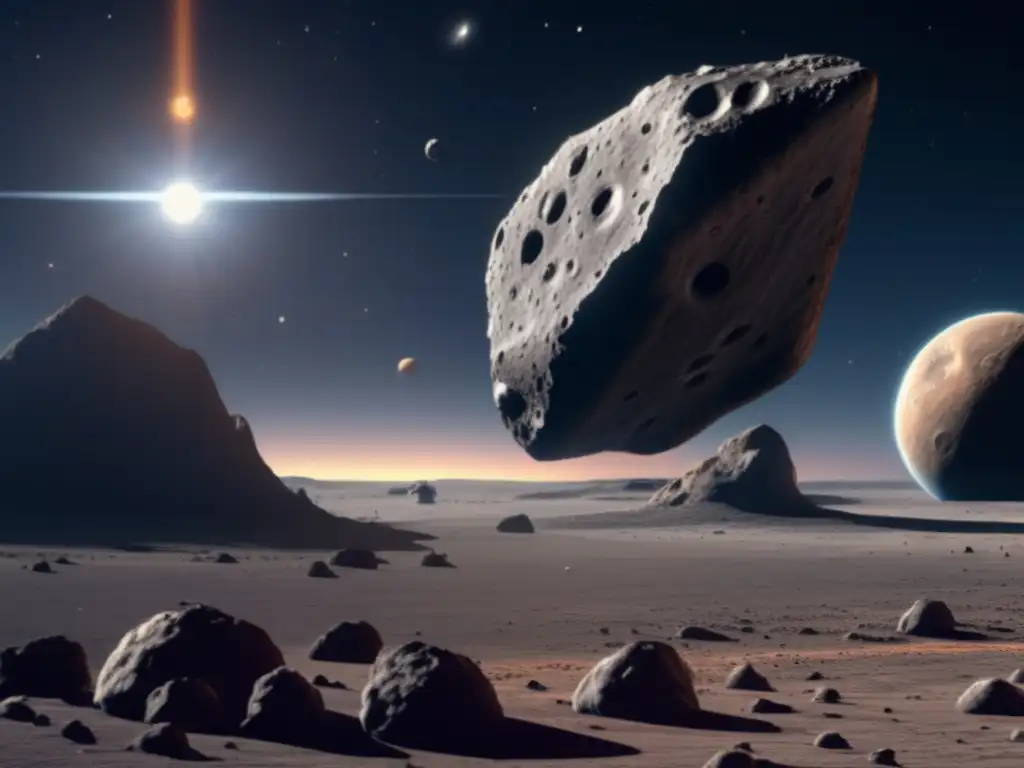
Unveiling the Origins
Asteroid Hippolochus, also known as 3451 Hippolochus, was discovered by a team of astronomers at the Siding Spring Observatory in Australia on September 24, 1984. It belongs to the Apollo group of asteroids and orbits the Sun within the inner regions of our solar system.
An Unusual Orbit
One of the most intriguing aspects of Hippolochus is its unique orbit. Unlike the majority of asteroids that follow a relatively stable path around the Sun, Hippolochus exhibits a highly eccentric orbit. This eccentricity brings it closer to the Sun than Mercury at perihelion and takes it beyond the orbit of Mars at aphelion.
A Family Connection
Hippolochus is part of the Flora family of asteroids, named after the largest member, 8 Flora. This family consists of numerous asteroids that share similar orbital characteristics and are believed to have originated from a common parent body. The study of these connections provides valuable insights into the formation and evolution of our solar system.
The Enigmatic Surface of Hippolochus
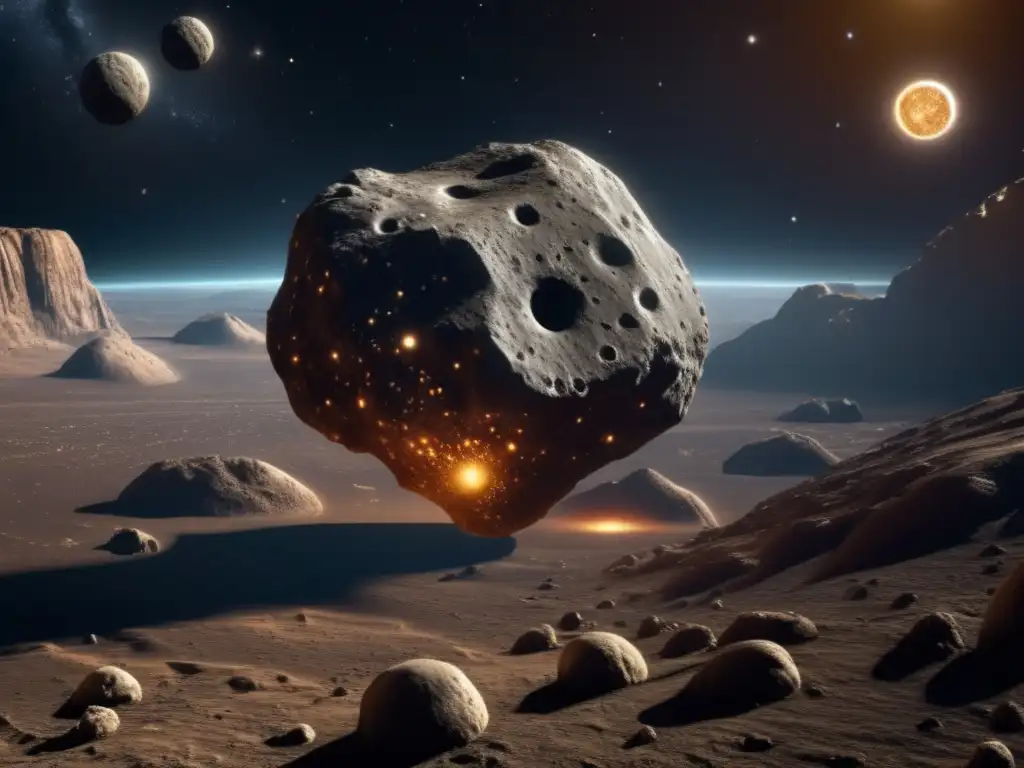
Surface Composition
While the exact composition of Hippolochus's surface remains a subject of ongoing research, spectroscopic observations have provided valuable clues. Initial findings suggest a composition rich in silicate minerals, similar to many other rocky asteroids. However, further analysis is needed to ascertain the precise nature of its surface.
Surface Features
Hippolochus likely bears evidence of its tumultuous journey through space. Impact craters are a common feature on asteroids, and Hippolochus is no exception. By studying the distribution and characteristics of these craters, scientists gain insights into the asteroid's age and its encounters with other celestial bodies.
Possible Organic Compounds
Recent studies have suggested the presence of organic compounds on several asteroids, including some in the Apollo group like Hippolochus. These compounds could provide valuable clues about the origin of life on Earth and the potential for extraterrestrial life elsewhere in the universe. Further investigations will shed light on whether Hippolochus shares this intriguing characteristic.
The Significance of Asteroid Hippolochus
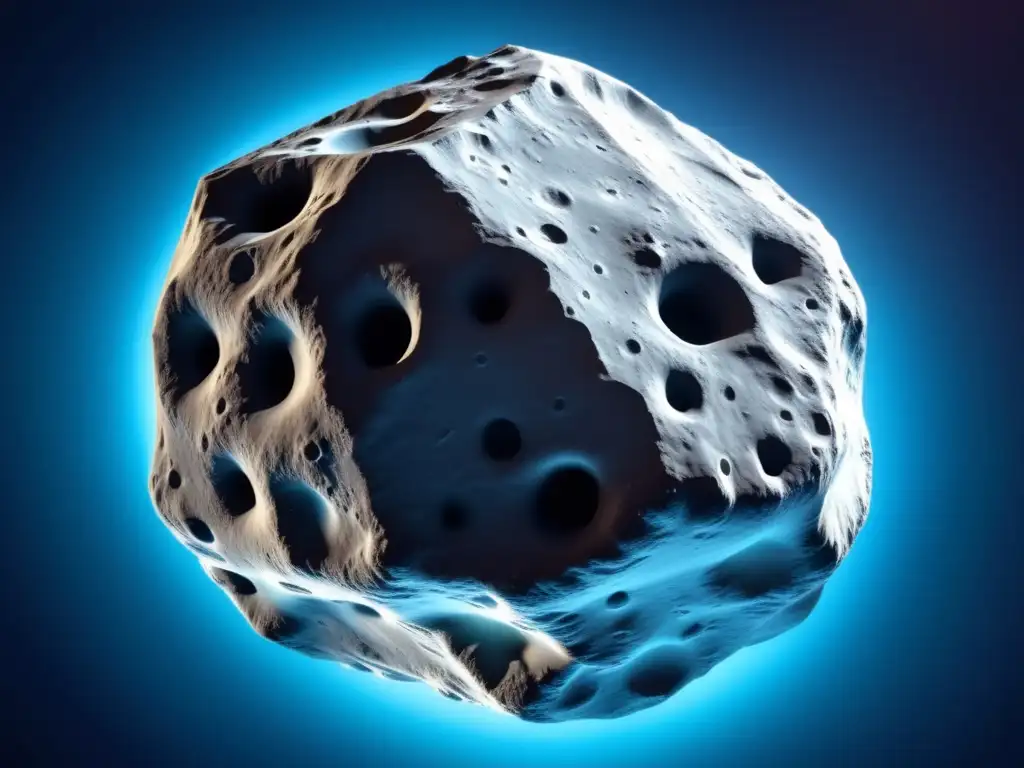
Scientific Research Opportunities
Asteroids like Hippolochus offer valuable opportunities for scientific research and exploration. By studying their physical properties and chemical compositions, scientists can gain insights into the formation and evolution of our solar system. Additionally, missions to asteroids help develop technologies and techniques that may be crucial for future space exploration endeavours.
Resource Mining Potential
The potential for resource extraction from asteroids has garnered significant interest in recent years. Some asteroids contain valuable minerals and metals, such as platinum, nickel, and iron. Understanding the composition and structure of asteroids like Hippolochus contributes to the development of methods for extracting these resources and could potentially revolutionize space-based industries.
Impact Hazard Assessment
Studying the orbits and characteristics of asteroids like Hippolochus is essential for assessing potential impact hazards to our planet. Although the chances of a catastrophic collision are rare, monitoring and understanding asteroids' trajectories allow scientists to identify potentially hazardous objects and develop strategies for mitigation if necessary.
Frequently Asked Questions
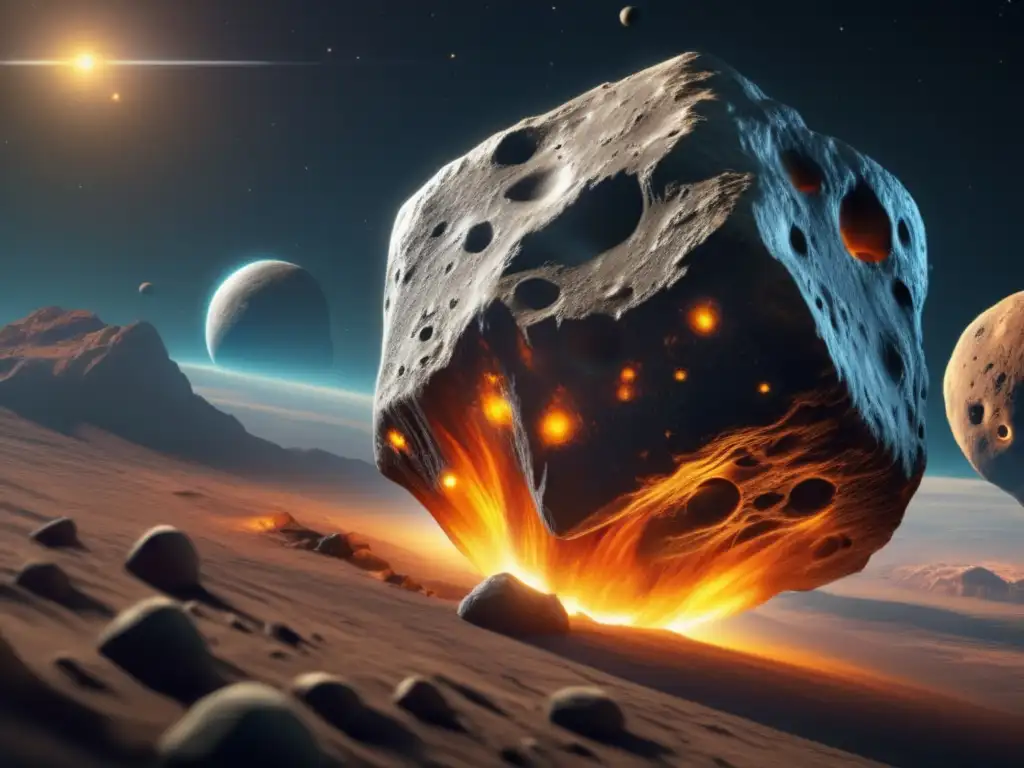
-
What is the origin of the name Hippolochus?
The name Hippolochus is derived from Greek mythology. He was a Trojan warrior and a trusted advisor to King Priam during the Trojan War.
-
Can Hippolochus pose a threat to Earth?
Hippolochus does not pose any imminent threat to Earth. Its orbit has been well-studied, and its trajectory remains within safe parameters.
-
Are there any planned missions to explore Hippolochus?
As of now, there are no specific missions planned to explore Hippolochus. However, ongoing advancements in space exploration may lead to future missions to this intriguing asteroid.
-
What are the future prospects for studying asteroids like Hippolochus?
The future looks promising for asteroid research. With the development of advanced telescopes, spacecraft, and robotic technologies, scientists will continue to unlock the mysteries of asteroids and expand our understanding of the universe.
-
Can we see Hippolochus from Earth?
Hippolochus is not visible to the naked eye and requires powerful telescopes for observation.
Conclusion
Asteroid Hippolochus, with its peculiar orbit and enigmatic features, offers a fascinating glimpse into the mysteries of our solar system. Through ongoing research and exploration, scientists are slowly unraveling the secrets held by this celestial object and others like it. Understanding asteroids like Hippolochus not only provides valuable scientific insights but also offers opportunities for future space exploration and resource utilization. As we continue to explore the vast universe, the wonders of asteroids like Hippolochus will undoubtedly fuel our curiosity and drive us to new horizons.
We encourage readers to share their thoughts and engage with the asteroid community on www.asteroidrealm.com. Feel free to subscribe to our newsletter, share this article on social networks, and participate in discussions. Thank you for your time and attention.
Additional Resources
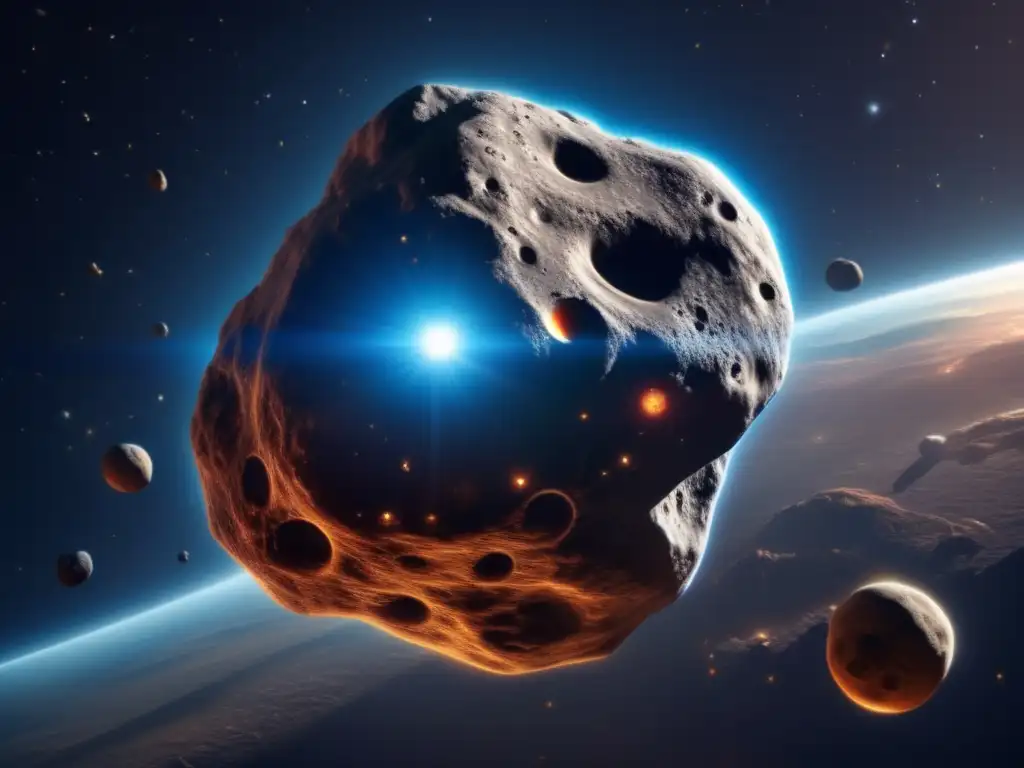
For further information on asteroids and related topics, please explore the following resources:
- Asteroid Studies: Exploring the Mysteries of the Solar System
- Asteroid Mining: Unveiling the Potential of Space Resources
- Asteroid Impact: Assessing the Risks and Preparing for the Future
- NASA's Asteroid Exploration Program
- European Space Agency: Asteroids and Space Debris
 Discovering The Secrets Of Asteroid Polites
Discovering The Secrets Of Asteroid Polites Asteroid Lycaon: A Detailed Look
Asteroid Lycaon: A Detailed Look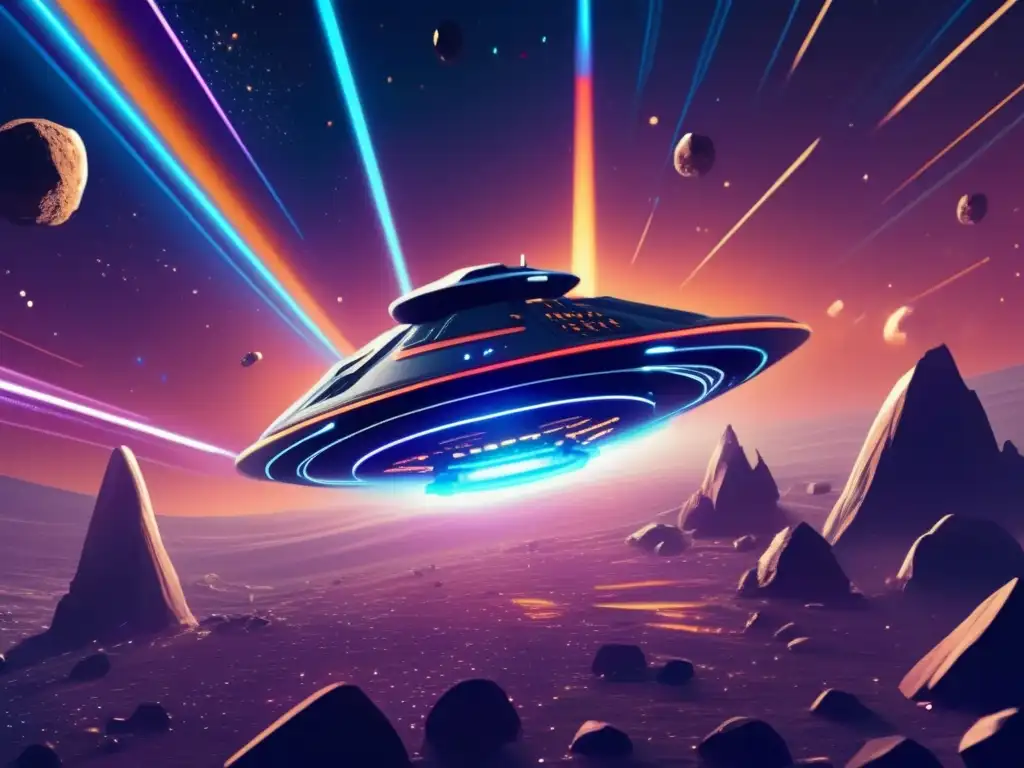 Deciphering The History Of Asteroid Telemachus
Deciphering The History Of Asteroid TelemachusIf you want to discover more articles similar to The Mysteries Surrounding Asteroid Hippolochus, you can visit the Asteroid Profiles category.
Leave a Reply

Articulos relacionados: